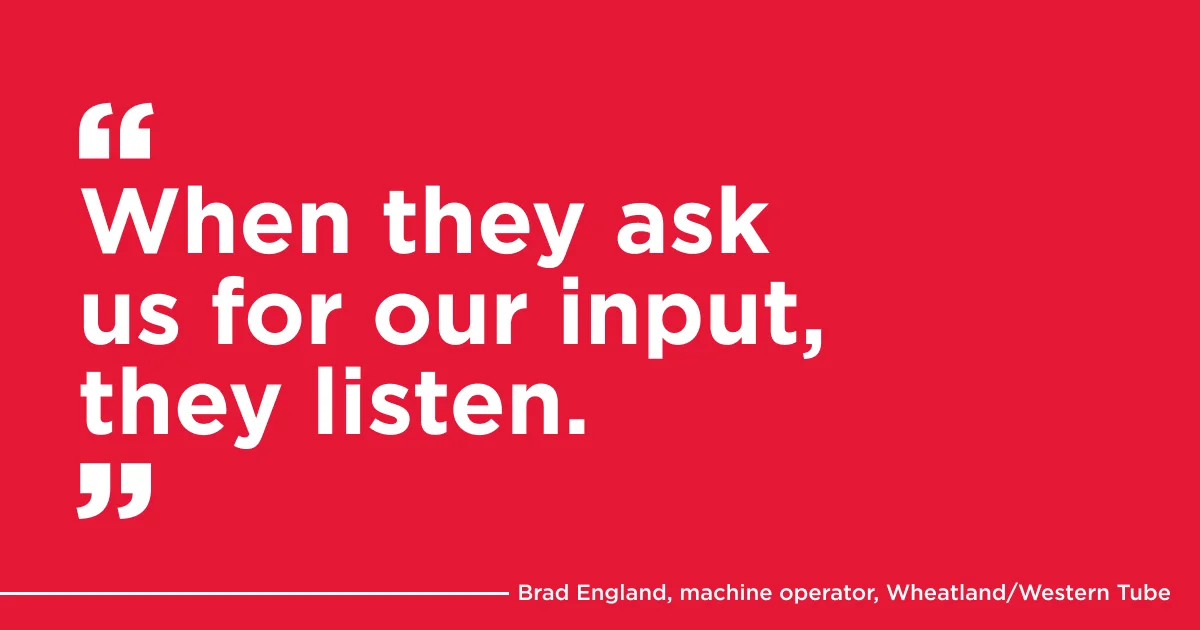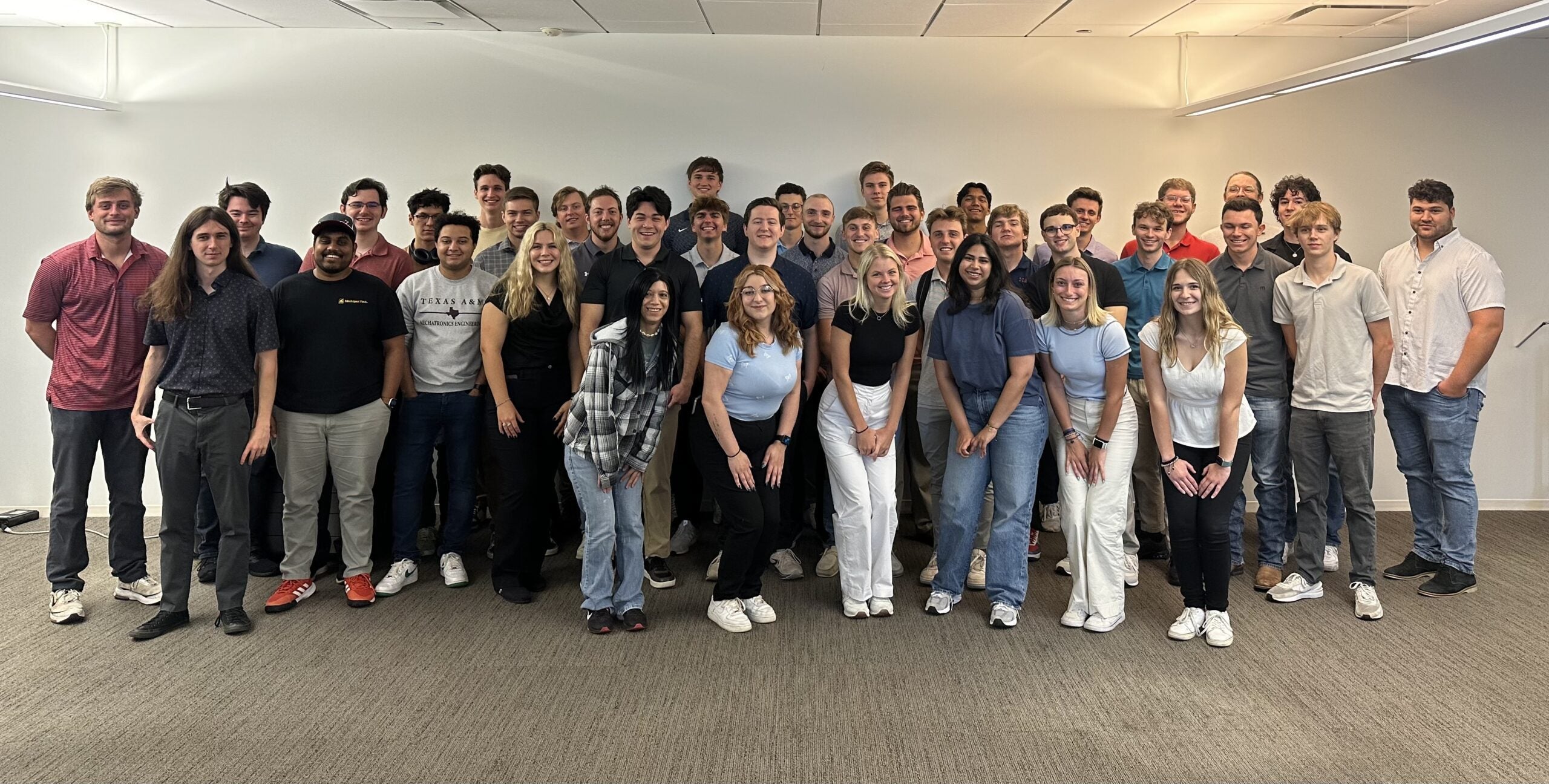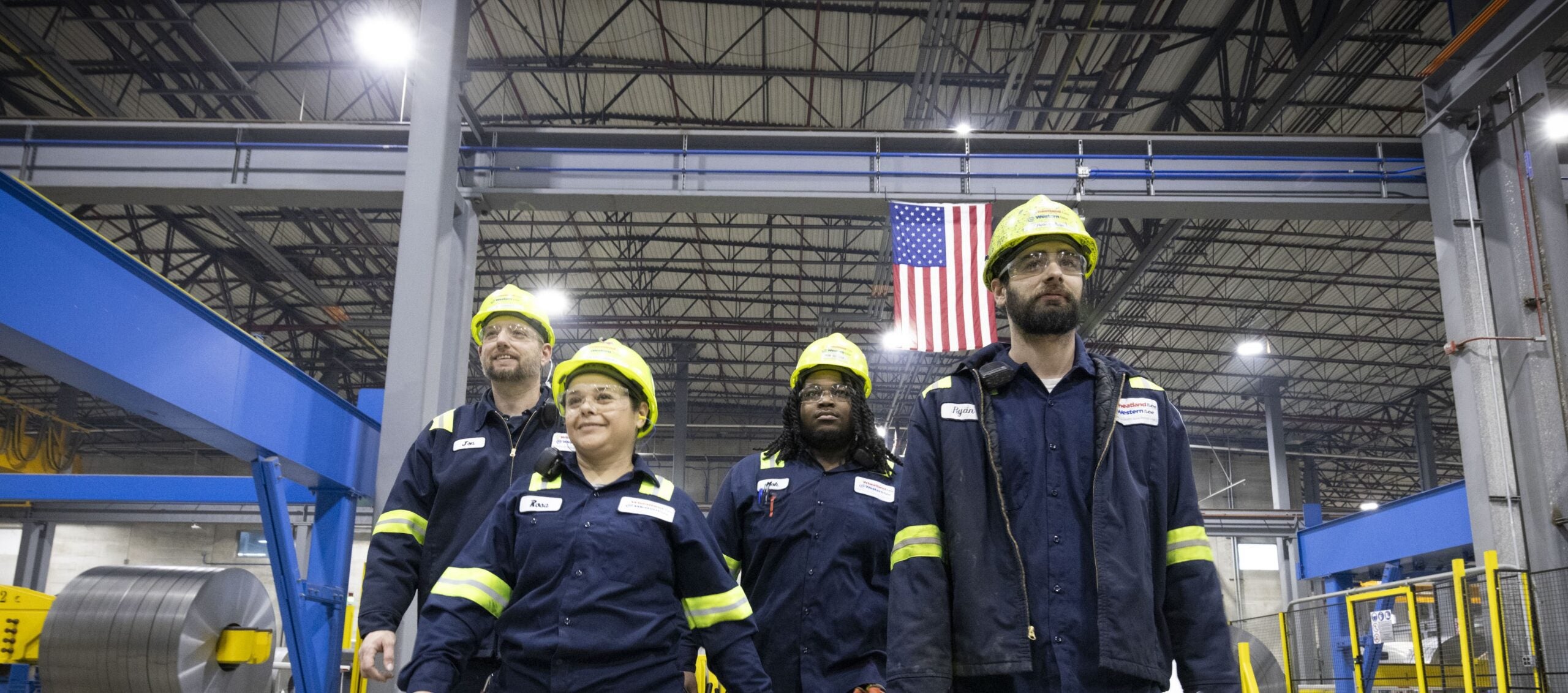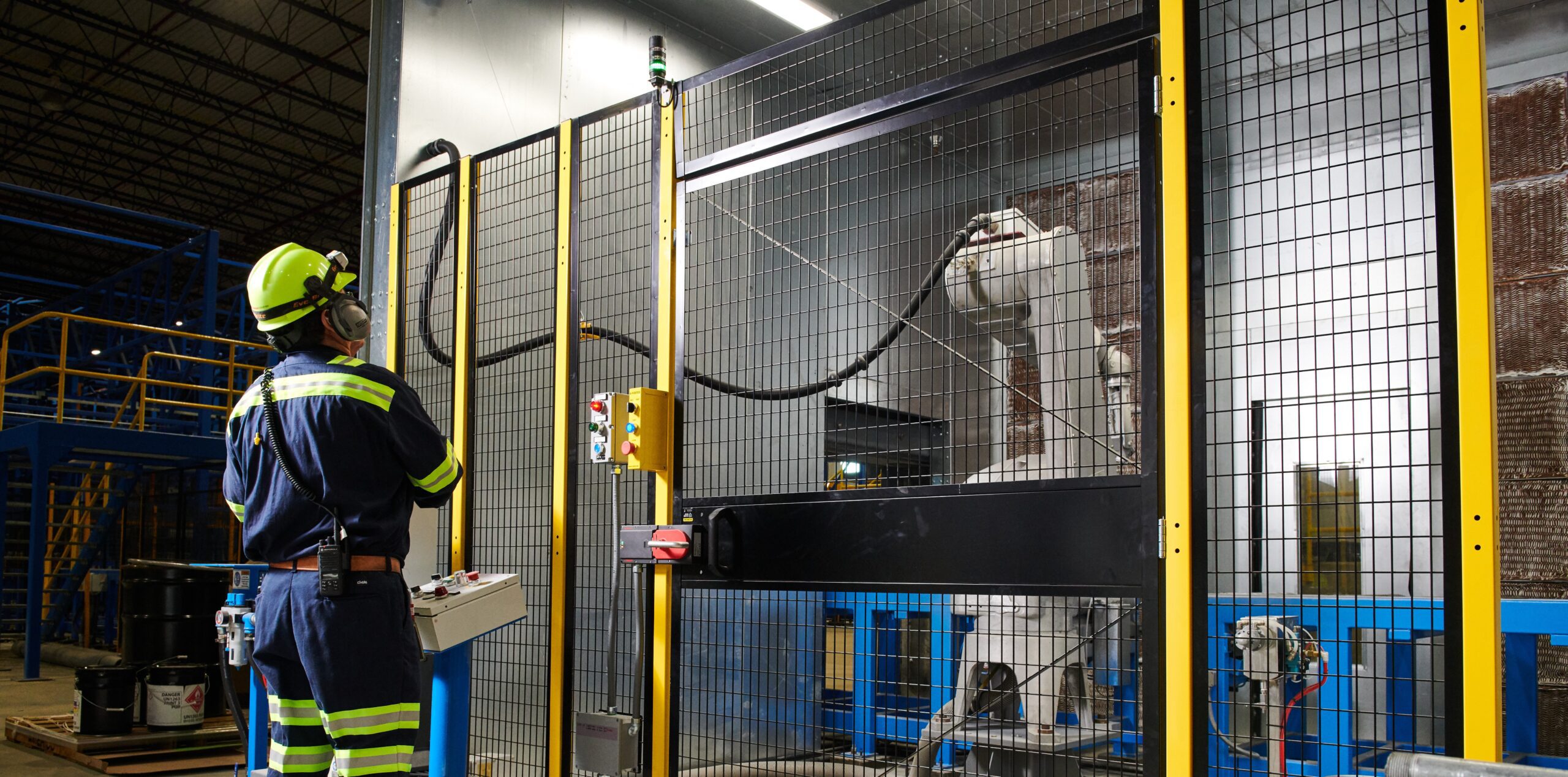How ZI Uses Employee Feedback to Alleviate Stress and Build Trust in the Workplace
Employee stress is at an all-time high — again. Forty-four percent of employees around the world report they are stressed at their job every day, according to Gallup’s State of the Global Workplace: 2022 Report. That exceeds the previous high in 2020.
Many Americans can relate. U.S. employees are some of the most worried and stressed in the world, the report shows. And if left unchecked, stress can lead to alarming consequences. Chronic work-related anxiety has been shown to sabotage work productivity, make employees physically sick and even put them at greater risk on the job. Did you know that up to 80% of workplace accidents can be attributed to stress-related issues?
One important step toward reducing work-related stress and creating a culture that supports employee well-being? Encouraging team members to share experiences that may affect their workplace health and job satisfaction, and then finding solutions for improvement.
Here’s how we do that at Zekelman Industries (ZI).
Leadership Sets the Tone
ZI stays responsive to our teammates’ needs by hiring and promoting leaders who really care about their well-being. “I like to lead by example, and I also like to show the teammates what’s in it for them,” says Dave Campbell, plant manager at Wheatland Tube, Wheatland, Pennsylvania. “Those are leadership styles and traits that I think resonate. With that goes the ability to listen and then react if a teammate has an issue, whether it’s personal or whether it’s their job or equipment.”
At ZI, we also believe it’s important to give our teammates opportunities for candid and open discussion with senior managers and leaders. Our town hall meetings give all factory floor workers, operators and other team members regular opportunities to provide feedback to senior leaders and peers.
“[The company’s leaders] take care of us by letting us speak up, listening to what we have to say and running with that,” says Brad England, machine operator, Wheatland/Western Tube in Rochelle, Illinois. “When they ask us for our input, they listen. A lot of times, they will use our ideas, so we can use it on the floor.”
Many ZI leaders have been promoted from within the company, so they often understand challenges firsthand. “Whenever someone introduces themselves when they’re in a high management position, they’re always saying, ‘I started at the floor level,’” England says.
Feedback Fuels Innovation
Collecting regular feedback helps ZI continuously improve our facilities and work environment for team members.
Take safety. Shawn Londrie, director of production planning for ZI’s conduit and fence divisions, recalls a safety concern that he escalated at the company’s Chicago facility, where the building’s entrance opened up onto a busy city street. “I suggested we put up a rail guard so that we would have a little bit of distance between the door and the alleyway,” he says.
Though it was unclear whether it was the city’s or the company’s responsibility to handle the issue, Londrie says ZI’s management immediately put up the rail guard. Their attitude? “Safety first … and then we’ll deal with what we need to deal with with the city,” he says.
Feedback ultimately helps ZI introduce innovative safety solutions that help prevent injuries, reduce workplace stressors and improve team morale. Examples include “using robotics, touchscreen terminals, as well as interlocking safety gates and doors to keep workers safe,” says Darnell Bright, machine operator at the Wheatland/Western Tube facility. “That is definitely a positive — when you come into a manufacturing environment and the company is willing to go above and beyond to keep you safe.”
Looking for a company that puts teammates first? We’re hiring! Check out our Careers page to learn more about ZI’s winning company culture — and to view open positions.
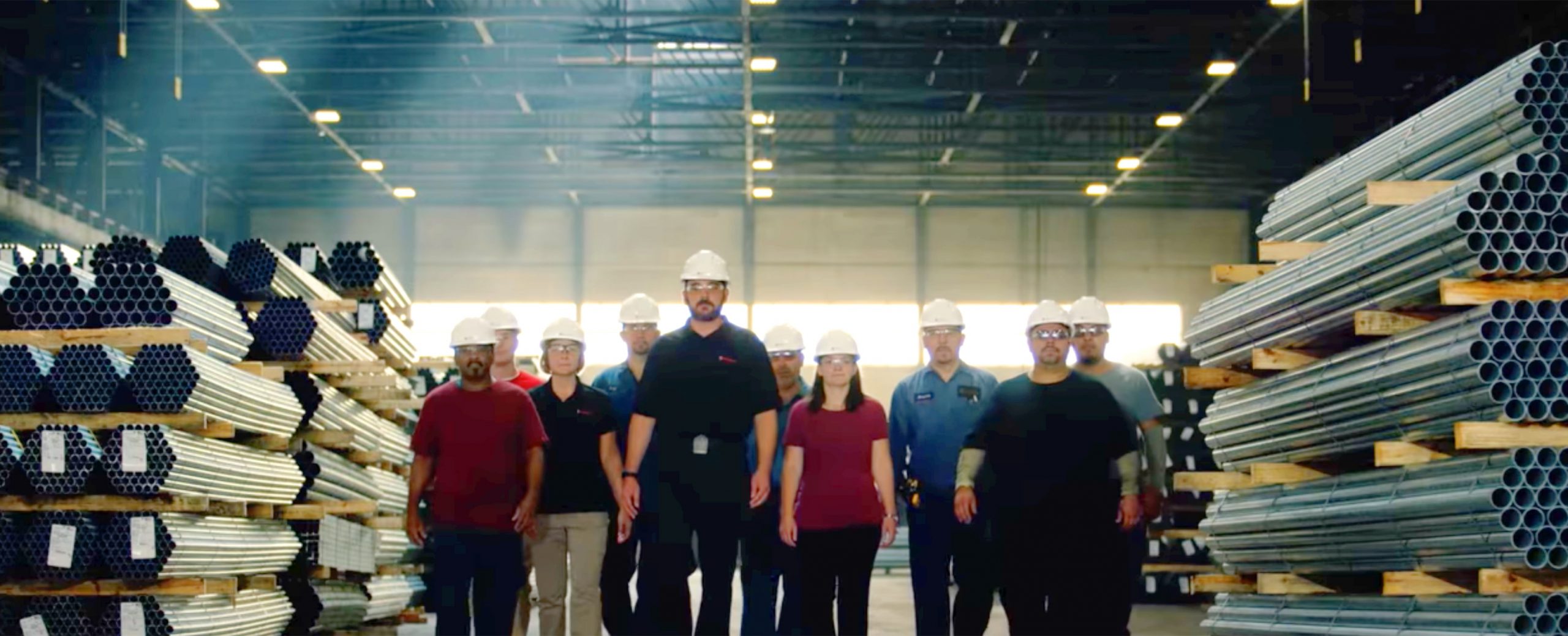
There’s nothing better than building something you believe in.
Zekelman companies are in constant motion, expanding our teams and challenging convention.
"*" indicates required fields

